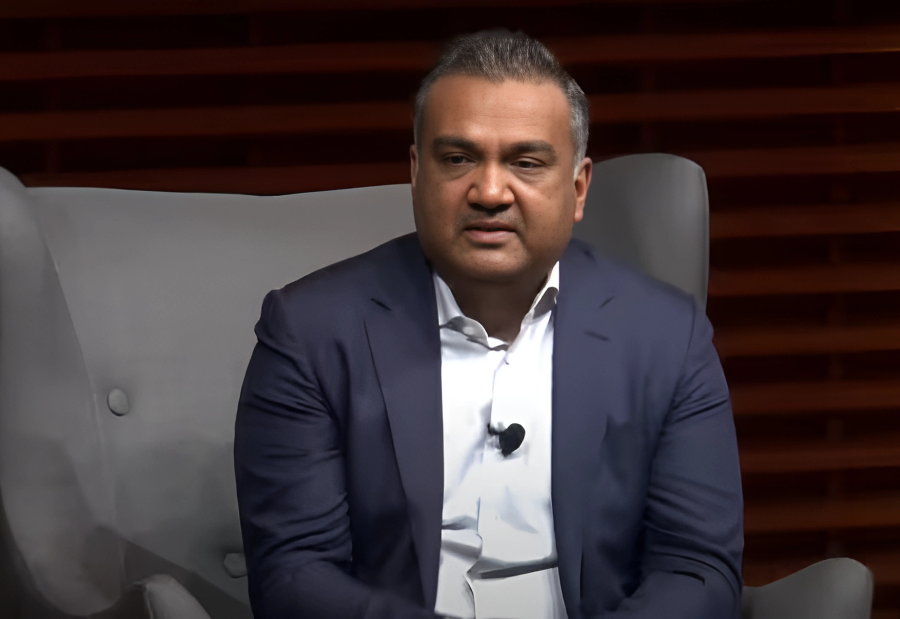A mighty wave of innovation is poised to sweep across India, as the government gears up to roll out a ₹1 trillion Research Development and Innovation (RDI) Fund in the coming two to three months. Already blessed with an initial allocation of ₹20,000 crore, this powerful initiative is being curated by the Department of Science and Technology (DST) with a mission to reshape India’s private sector research landscape.
This fund, separate from the Anusandhan National Research Foundation that supports academic institutions, is designed exclusively for the industry — ranging from nimble start-ups to established giants. It will back futuristic research in critical domains such as electric mobility, renewable energy, deep tech, and advanced materials.
At the recent Battery Summit organised by a renowned research institute, DST Secretary Abhay Karandikar said, “This fund is not just for start-ups—it is also for corporates and industries, provided they undertake cutting-edge R&D projects. Once operational, the industry is expected to deliver innovative products and help India achieve strategic autonomy in the mobility transition.”
DST’s budget growth mirrors this ambition, rising from ₹2,777 crore in 2014 to a massive ₹28,509 crore expected by FY26. Overall, India’s gross R&D spending has doubled over the same period, indicating a serious national commitment to innovation.
India’s reliance on imported resources like lithium, cobalt, and nickel makes homegrown breakthroughs in battery R&D even more essential. With demand for energy storage and green transportation soaring, innovation in batteries could hold the key to both energy independence and economic resilience.
The Automotive Research Association of India (ARAI) is also stepping up. It plans to set up an advanced battery testing lab in the coming months and will invest ₹100 crore in expanding its national testing infrastructure by 2025. Although optimistic, an ARAI official voiced concern that current testing capacity might fall short of India’s growing needs.
A report launched at the summit emphasized the need for a unified battery data framework — a digital system for tracking every battery’s journey. This would empower manufacturers, buyers, and recyclers with real-time insights on sourcing, carbon footprint, and health status, paving the path for circularity and transparency in the EV ecosystem.
A trillion-rupee spark has been lit — and it may just ignite India’s path to a smarter, cleaner, and self-reliant future.
Also read: Viksit Workforce for a Viksit Bharat
Do Follow: The Mainstream formerly known as CIO News LinkedIn Account | The Mainstream formerly known as CIO News Facebook | The Mainstream formerly known as CIO News Youtube | The Mainstream formerly known as CIO News Twitter |The Mainstream formerly known as CIO News Whatsapp Channel | The Mainstream formerly known as CIO News Instagram
About us:
The Mainstream formerly known as CIO News is a premier platform dedicated to delivering latest news, updates, and insights from the tech industry. With its strong foundation of intellectual property and thought leadership, the platform is well-positioned to stay ahead of the curve and lead conversations about how technology shapes our world. From its early days as CIO News to its rebranding as The Mainstream on November 28, 2024, it has been expanding its global reach, targeting key markets in the Middle East & Africa, ASEAN, the USA, and the UK. The Mainstream is a vision to put technology at the center of every conversation, inspiring professionals and organizations to embrace the future of tech.




